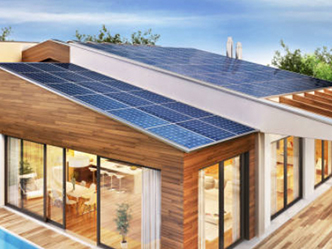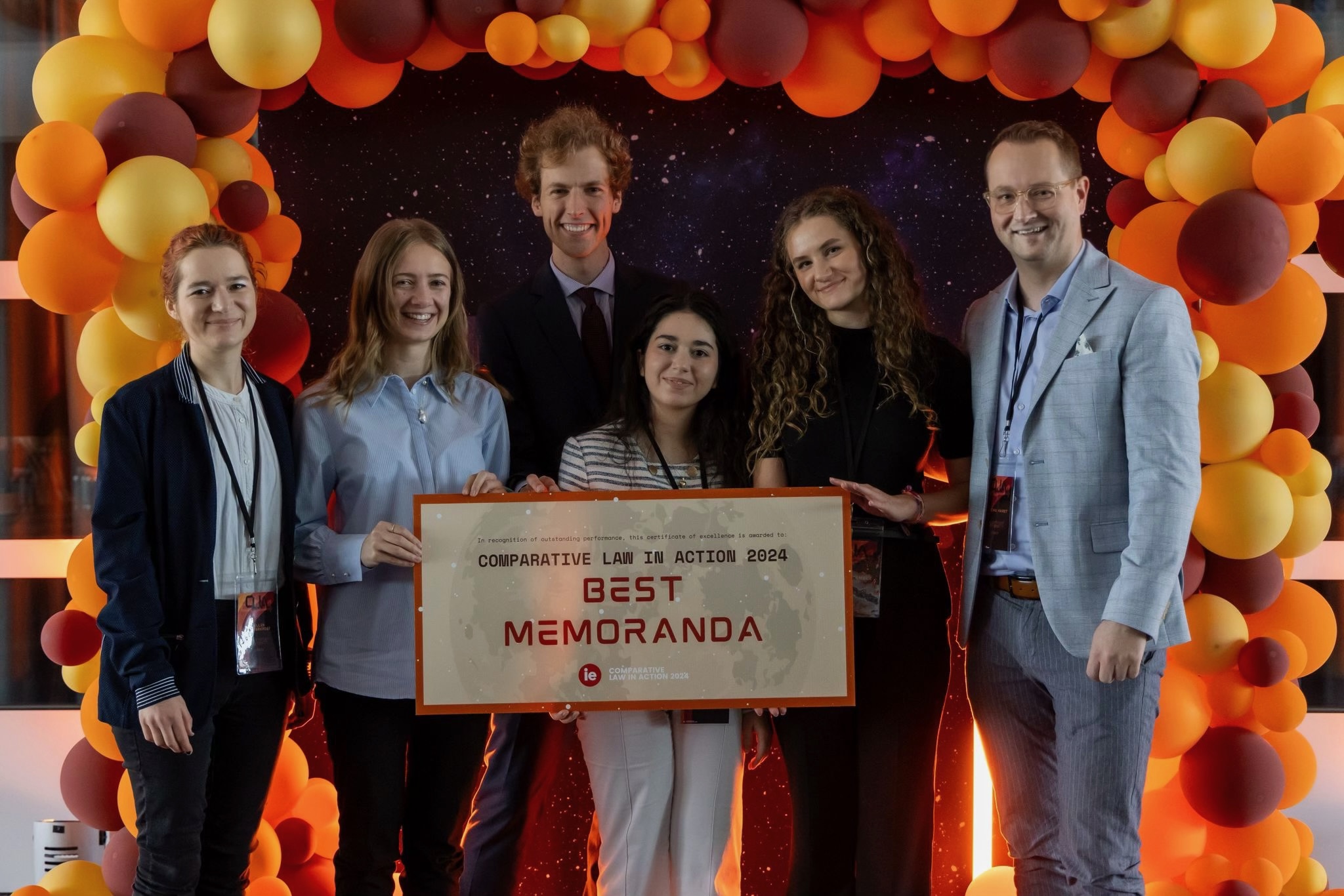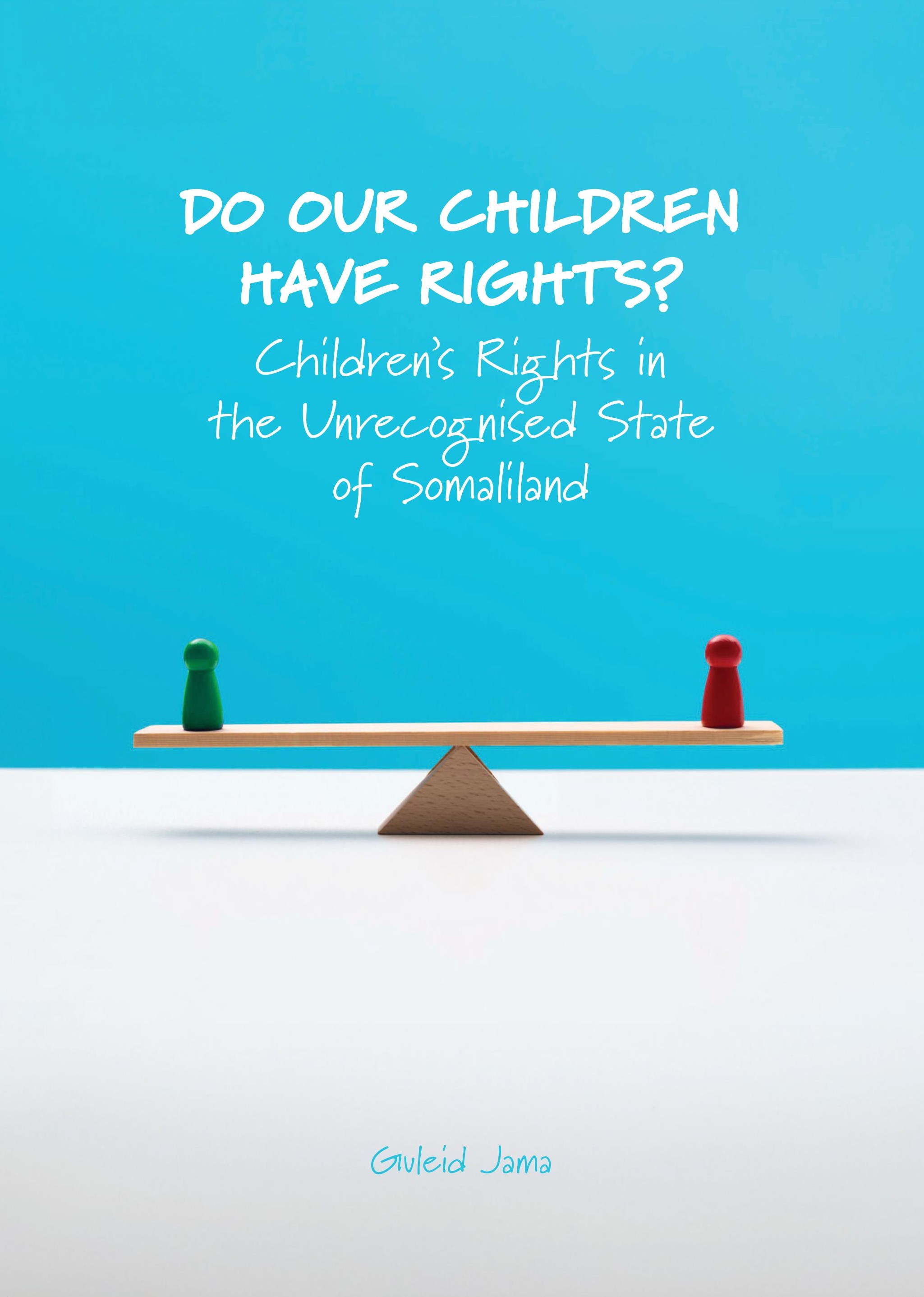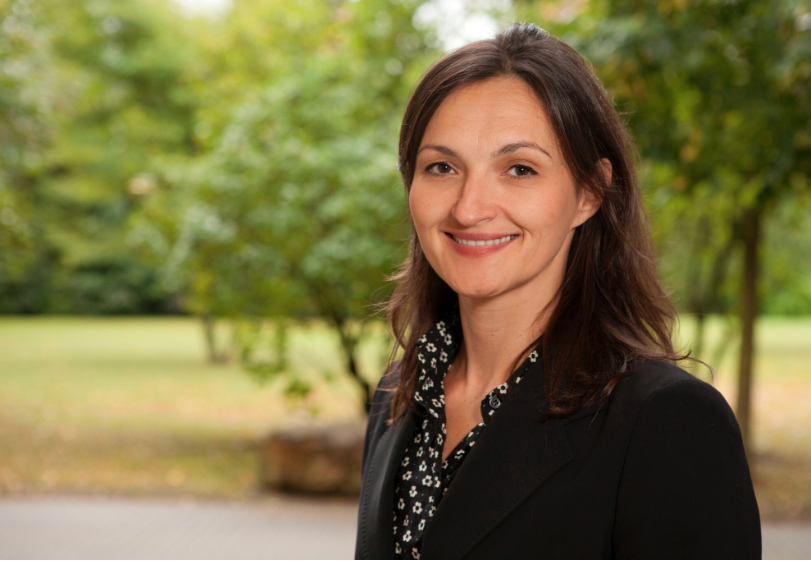Back to the Future of Property Law - Reimagining Sustainable Property Law
Most of our planet’s land is held in private ownership. Since the French Revolution, this has meant that the owner is free to do with their land as they see fit. An international conference was organised on the occasion of the inaugural lecture of Prof Dr Bram Akkermans, LL.M. as professor of Property Law, where property experts from around the globe came together to reimagine a case or piece of legislation of property law in the context of sustainability.
Let’s take sustainability into account
What property law, and therefore, a large part of our governance of the earth’s surface would look like had the court or legislature taken sustainability into account was the main discussion point of the conference. This approach comes from a fundamental understanding that the liberal foundations of our current economy and our laws have allowed individuals to flourish. Economic growth as a leading principle has not meant economic growth for everyone. Sustainability forces us to look beyond the current individual owner and consider the owner’s community and future generations. Depriving future generations of their ability to meet their needs is an unsustainable use of property rights.
It is possible to reimagine property law without setting aside private ownership or changing our entire economic system. New values such as regeneration, circularity and sharing allow a new application of most of our current rules of land use. In his inaugural lecture, Bram Akkermans looked back at the negative impact of our rules of ownership, including reckoning for allowing the ownership of others (slavery), but also the extractive use of ownership of land, resulting in climate change.
Resilience
Using the concept of resilience, it becomes possible to reconcile the past with a future in which we live within our planetary boundaries. Suppose we provide our legal system with the right underlying values and theoretical foundations. In that case, transformative resilience means that we can shift into a sustainable property law, where regenerative land use becomes the norm. By providing new theoretical foundations, the objective is not just one individual flourishing, but humankind flourishing.
We can only create a sustainable property to stay within our planetary boundaries if we first imagine what this system should look like. Using concepts from sociology, such as social imaginary, we can reinterpret decisions and rules in the context of a new sustainable imaginary. Our fundamental principles follow next, and with that our legal system of land use can shift from an extractive into a regenerative state.
This work is the beginning of research on sustainable property law to conceive a system to facilitate the regeneration of resources from a general to an increasingly more specific level.
Bram Akkermans is a Professor of Property Law and Director of Studies of Dutch Language Bachelor Programmes. His research brings together progressive property scholars from around the world to work on fundamental issues of sustainable property. Do you want to watch his inaugural lecture? Click here!
Also read
-
Sweeping success for our faculty in the Comparative Law in Action (CLIA) Competition!
-
PhD thesis written by Guleid Jama
This research studies children’s rights in Somaliland, an unrecognized State in the Horn of Africa. -
MCEL is organising a seminar featuring Prof. Eleftheria Neframi on the constitutional limits to sustainable development in the EU's external action.



